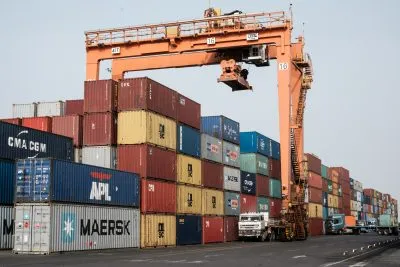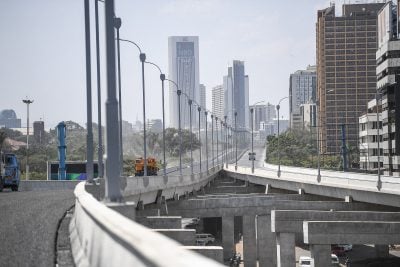How can banks strike the right balance between making a profit and doing good? Anver Versi introduces three interrelated articles looking at various aspects of responsible banking
The African finance industry has been evolving rapidly on almost all fronts. Technological advances, which have been seized on eagerly by banks, have revolutionised the way customers interact with the institutions and have also widened and deepened financial inclusion far faster than anticipated.
But despite all the glitter and glamour of the high street façade, banks, like other significant firms, have a more basic but essential duty to people – the responsibility of being good corporate citizens.
Given their size, scale, scope and intimate relationship with the daily lives of people, the impact of banks on their surrounding communities is immense. How they exercise this influence is what is dividing the best banks from the also-rans. A top bank is one that does well by doing good.
By lifting the financial burden from citizens and enabling entrepreneurial talents to flourish through its policies, banks can lift up the living standards of their customers. It’s a double win – more prosperous customers mean more wealthy banks.
But technology is only as good or bad as the people who control it and is as beneficial or harmful as the intention of those behind it. Technology has allowed fraud, scams and loan-sharking on a hitherto unprecedented scale. This is irresponsible banking.
In three interrelated articles, we look at various aspects of responsible banking:
- In “How to do well by doing good” Omar Ben Yedder interviews Dr Adesola Adeduntan, CEO of Nigeria’s largest bank by assets, who argues for weaving a bank’s activities into the very fabric of society.
- In “Capitalism with a conscience?” Omar goes on to look at how the issue of balancing growth and sustainability played out at the World Economic Forum in Davos this year.
- Finally, in “What does financial inclusion really entail?”, Dr Tarek Mouganie examines how we can avoid some of the pitfalls that come with financial exclusion.
Want to continue reading? Subscribe today.
You've read all your free articles for this month! Subscribe now to enjoy full access to our content.
Digital Monthly
£8.00 / month
Receive full unlimited access to our articles, opinions, podcasts and more.
Digital Yearly
£70.00 / year
Our best value offer - save £26 and gain access to all of our digital content for an entire year!
 Sign in with Google
Sign in with Google 



